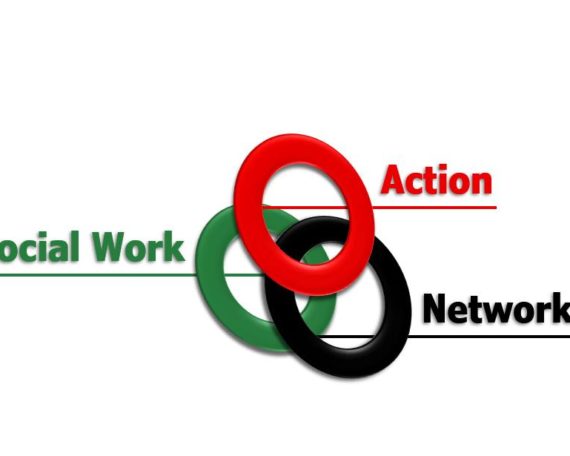To those of us who work within social work and social care services this decision is not surprising. The Government is pushing ahead with the fragmentation of services which is creating harm and immense difficulties for service users. In social work education and training they are determined to implement reductive training programmes, like Frontline and Think Ahead, which create ‘neo-liberal training programmes, for a neo-liberal social work’. The recent consultation around the Professional Capabilities Framework Review has been constructed in such a way that the voice of educators and frontline practitioners has been marginalised with the intention of reshaping the PCF to reflect a ‘more skills, less theory’ approach. Finally, the Government seems determined to push ahead with proposals to criminalise and imprison child protection social workers who do not take ‘sufficient account or consideration’ of abuse. Taken together these reflect a Government stance that does not value the social work profession or any of those people who work and receive social services.
The Social Work Action Network considers this action by the Conservative government as a direct attack on a work force which is continually under pressure to meet need and manage risk within a transformed welfare state. This has been corroborated by Eileen’s Munro’s recent report The Social Work Survey (2014-15) which emphasises that none of the changes recommended in the Munro Review of Child Protection (2011) have been implemented. In fact things have become worse, with workers carrying higher caseloads and spending less time with service users, as a consequence of increased levels of bureaucracy.
The Government vision is for a debased social work occupation, one that controls and processes ‘clients’, as opposed to a social profession built upon a firm ethical basis that works alongside service users to support them in the face of poverty, inequality, oppression and marginalisation.
SWAN challenges the government to-
Put an end the salami slicing approach to reducing of social work services, and resource allocation, before consulting and making informed decisions upon what is important and what is not.
Take a more ethical stance that focuses upon a health and social service work force that is locally determined and funding weighted in accordance with meeting community need in the long term rather than adopting short term techno bureaucratic approach to risk management.
To participate in a dialogue with all stakeholders of social services, publically and honestly, declaring its intent in relation to future strategic development of social services in terms of work force, and provision.
To clearly demonstrate strategic plans with an alignment to public need, justifying resource allocation and its decline at the current rates.
Be clear about the importance of professional practice in social work and the need for expertise. This should be underpinned by a clear message around the training and post qualifying training priorities of the workforce, and how they will be maintained
Demonstrate that it does care about people by listening, especially to those who have the least power and ensuring that they continue to have a voice about their experience of the consumerist model of service provision.
On the basis of the conservative manifesto, it was always very clear from the outset that social services and those who use them are not regarded as a priority for the economic viability of the UK. Regrettably Mr Cameron you seem to be missing the point: it was only this year that the Royal College of General Practitioners and The College of Social Work completed a study which proved that locally designed services provision, in conjunction with service users and trained skilled social work practitioners, is not only cost effective (to the tune of £1.6billion annually), but provided very good outcomes for services and service users. It would therefore seem to be counterproductive to dissolve the very institution which seemed to be making positive steps towards developing and proving the value of skilled and knowledgeable social workers, and the positive impact they can have on our communities.
Michael Lavallette Shelley Ferguson
Convenor SWAN Deputy Convenor SWAN 19.6.15

